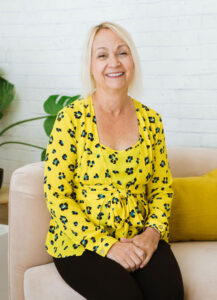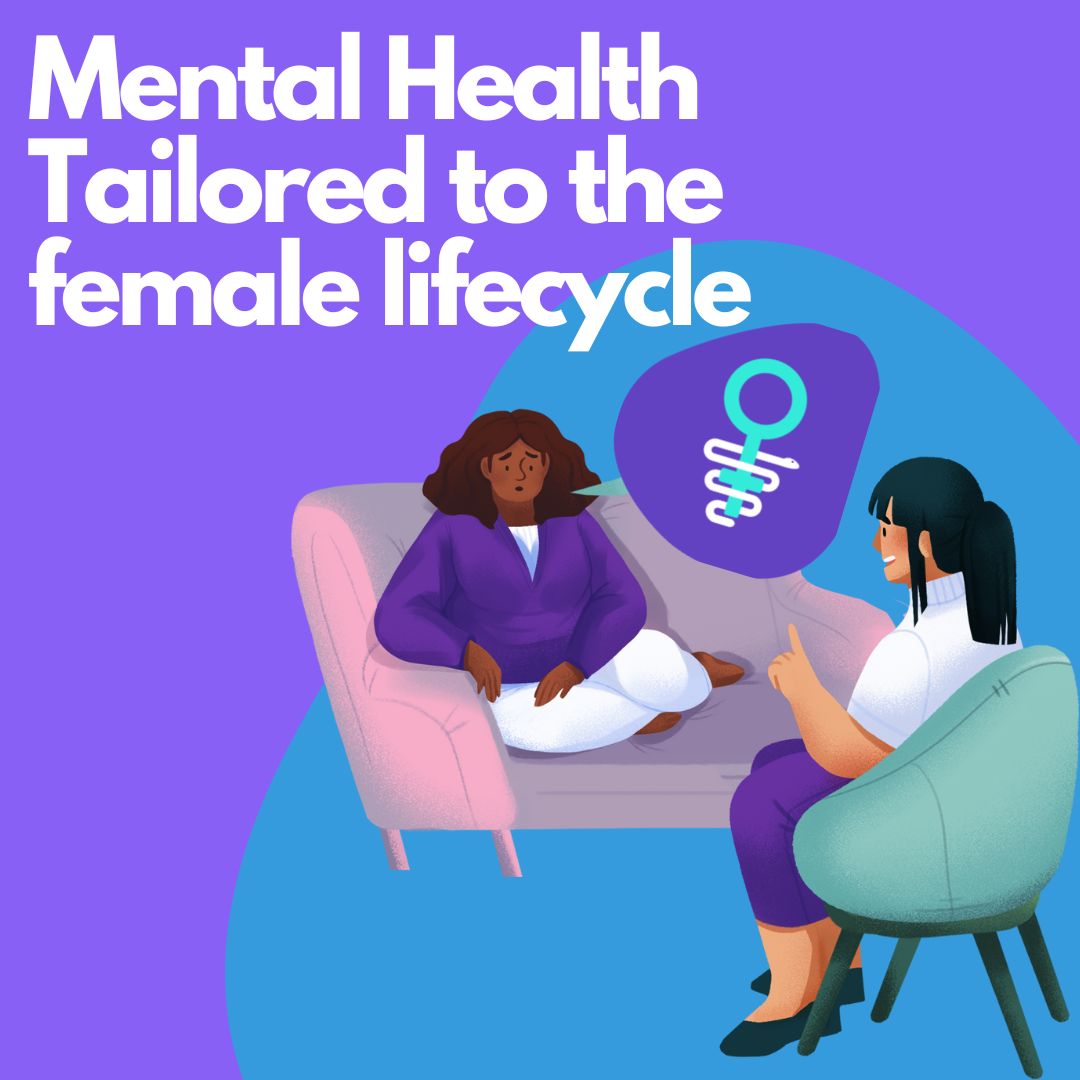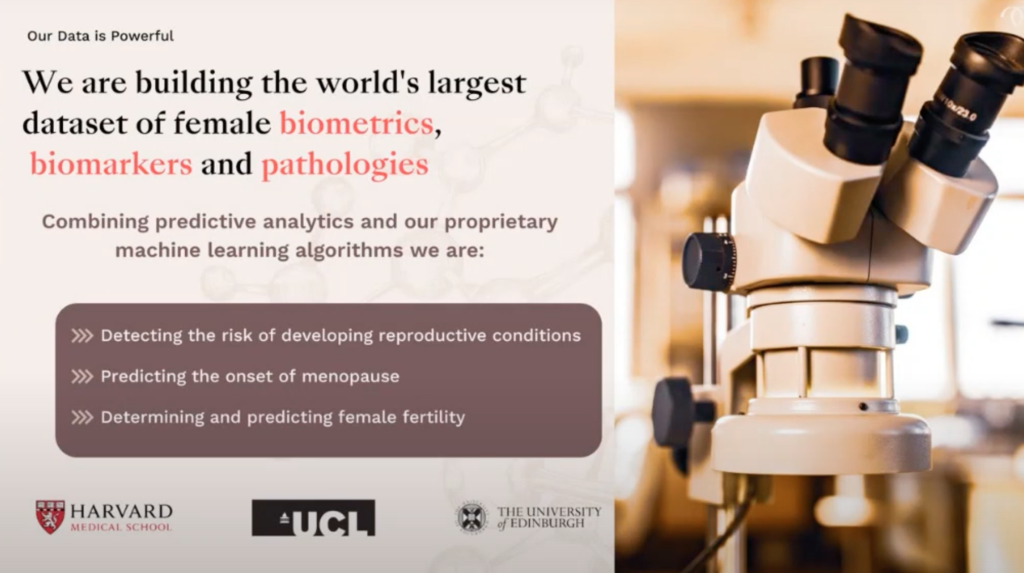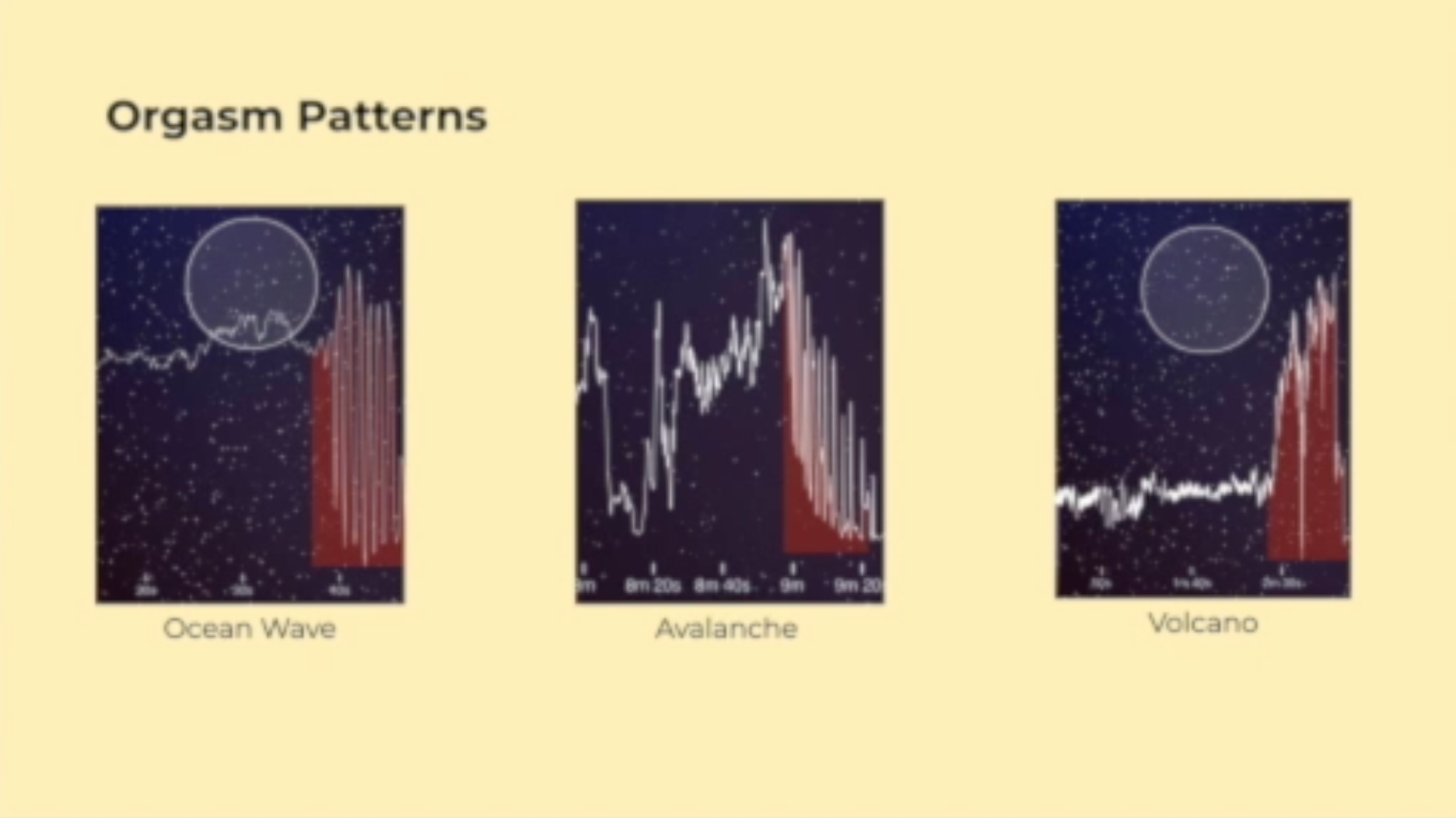Empire of Memories: The Interactive Novel That Changes You
Not About Women’s Health — But Everything to Do With It
Before I built FemTechnology and ORI, I wrote Empire of Memories a book about power, memory, and what happens when choices become visible.
 Read More “Empire of Memories: The Interactive Novel That Changes You”
Read More “Empire of Memories: The Interactive Novel That Changes You”
How do the stories we tell shape the technology we create? – WebSummit
Why is it so important to talk about content at a tech conference? Because, although technology powers our modern society, it is the stories we tell, and content we create, that drives how that technology is applied and what we choose to use tech for.
Think about it: would Instagram or TikTok or Facebook or even OpenAi (especially OpenAi and their large language models (LLMs)) be anything without content, without stories? No.
Read More “How do the stories we tell shape the technology we create? – WebSummit”
What doe the future of women’s mental health look like?
In the U.S. 41 million women have mental health struggles. 23 million of those women will go untreated.
Read More “What doe the future of women’s mental health look like?”
How does male-centric medicine endangers women’s lives?
Did you know that for women with epilepsy the concentration of their medication drops during the lutealphase of their menstrualcycle? Women can have breakthrough seizures as a result. But instead of tailoring the dosage of their medication so that the concentration varies in function of the menstrual cycle, doctors either increase the dosage across the board or they tell women they can’t drive and have to have follow-up appointments with neurologists.
Read More “How does male-centric medicine endangers women’s lives?”
What does it look like when women have access to information about their own fertility?
Did you know that 1 in 3 women will have a reproductive pathology at some point in their lives? The female reproductive system is highly dynamic and does not just impact the uterus or ovaries but metabolism, sleep, mood, weight, cognitive function, heart, bones …
Read More “What does it look like when women have access to information about their own fertility?”
What doe the future of STD testing look like ? A FemTech Startup perspective.
The following is a transcript of an interview by Oriana Kraft with Dongjin Shin, CEO of BL Science Corp – a pioneer and leader of In-vitro diagnostics, based in South Korea – about GynPad, a sanitation-pad that can be used to self-collect specimens for HPV and STD testing. Read More “What doe the future of STD testing look like ? A FemTech Startup perspective.”
How Can Digital Solutions Improve Maternal Care? An Interview With GP turned Startup Founder
The Link Between Fertility And Future Health

The following is a transcript of an interview by Oriana Kraft with Dr. Lynae Brayboy, Chief Medical Officer at Clue.
The Personalisation of Women’s Health
 The following is a transcript of an interview by Oriana Kraft with Laura Symul, Postdoctoral Fellow at Stanford University, Department of Statistics.
The following is a transcript of an interview by Oriana Kraft with Laura Symul, Postdoctoral Fellow at Stanford University, Department of Statistics.
Laura’s research focuses on fertility, cycle-related symptoms, and drivers of change in vaginal microbiome communities. She uses self-tracked data from mobile phone apps and devices and clinical multi-omics data.
Mojo – The Fertility Startup That Wants To Tackle Infertility With At-Home Lab-grade AI-powered semen tests
The following is an interview with one of the Co-Founders of Mojo – Mohamed Taha – about the inspiration behind Mojo, how sociocultural norms impact the conversation around Infertility, how male fertility fits into the FemTech landscape and more!
How The Fertility Journey Is Being Reshaped with Holistic Care

The following is a transcript of an interview by Oriana Kraft with Dr. Lynn Marie Westphal, MD, Chief Medical Officer of Kindbody Founder & Executive Director, Innovation Center On Sex Differences in Medicine, Massachusetts General Hospital and Harvard Medical School.
Read More “How The Fertility Journey Is Being Reshaped with Holistic Care”


